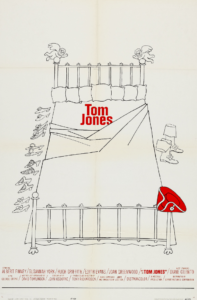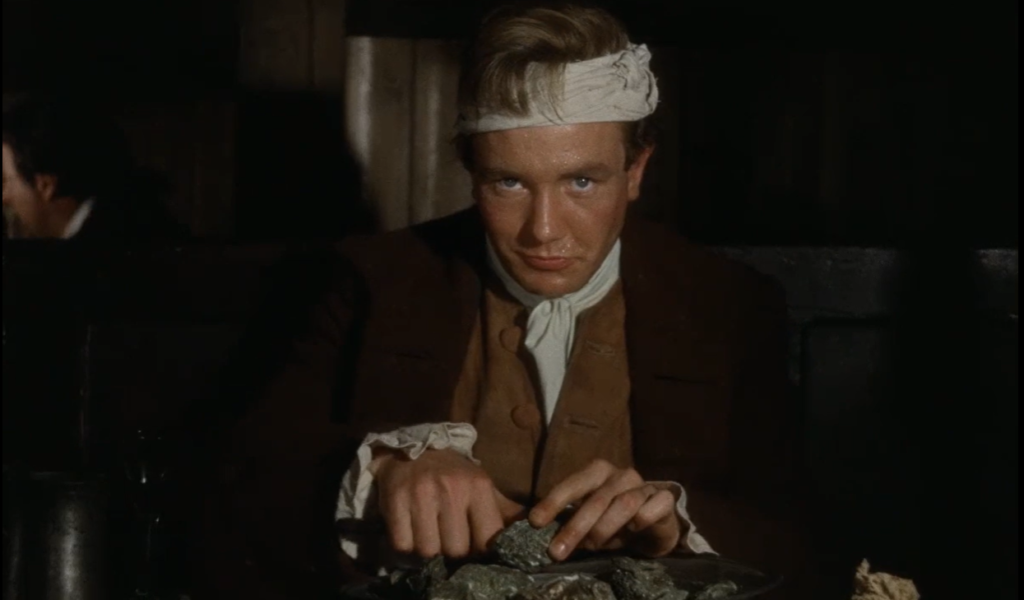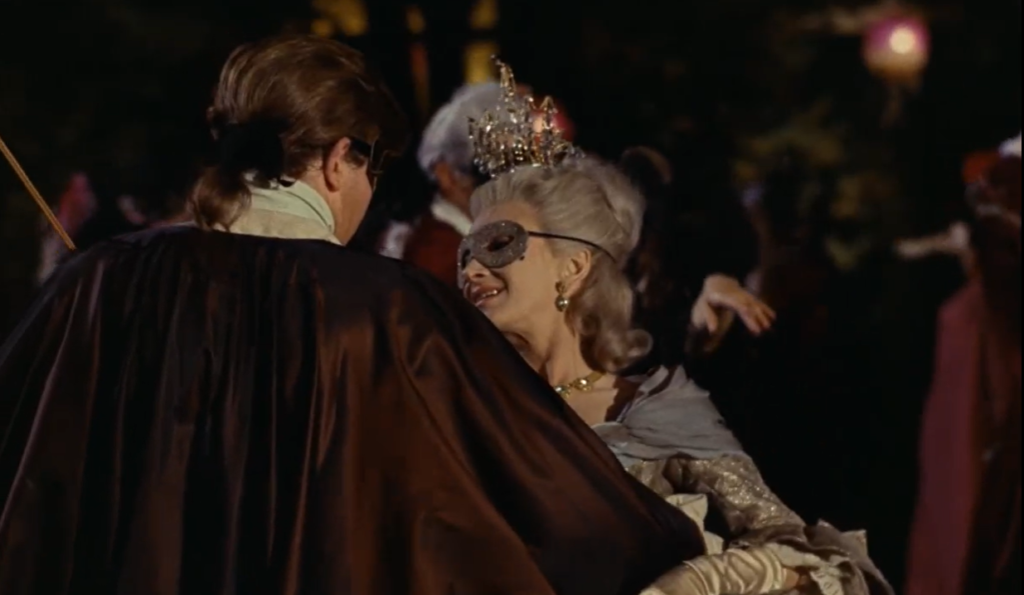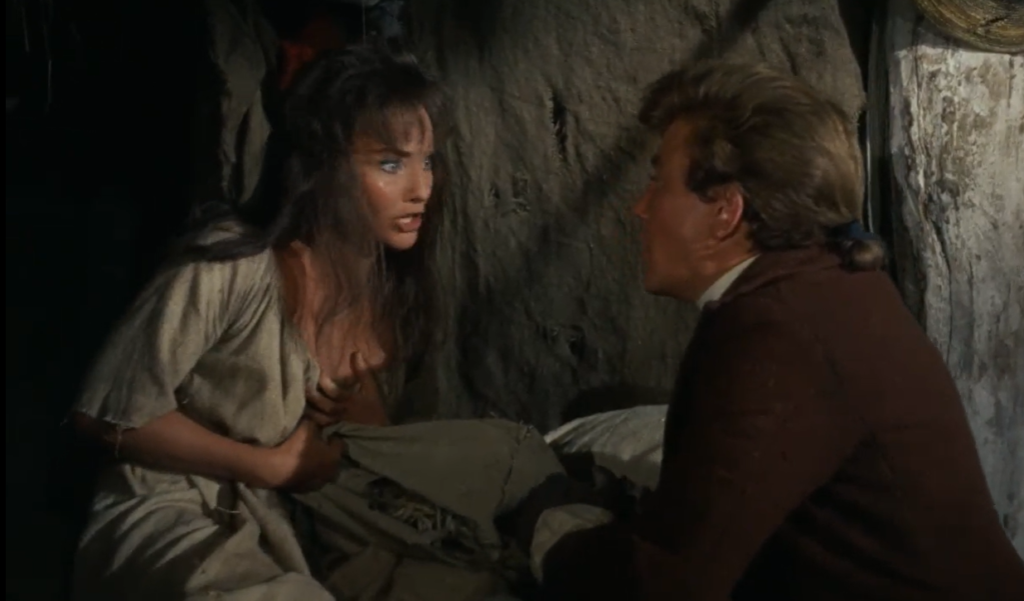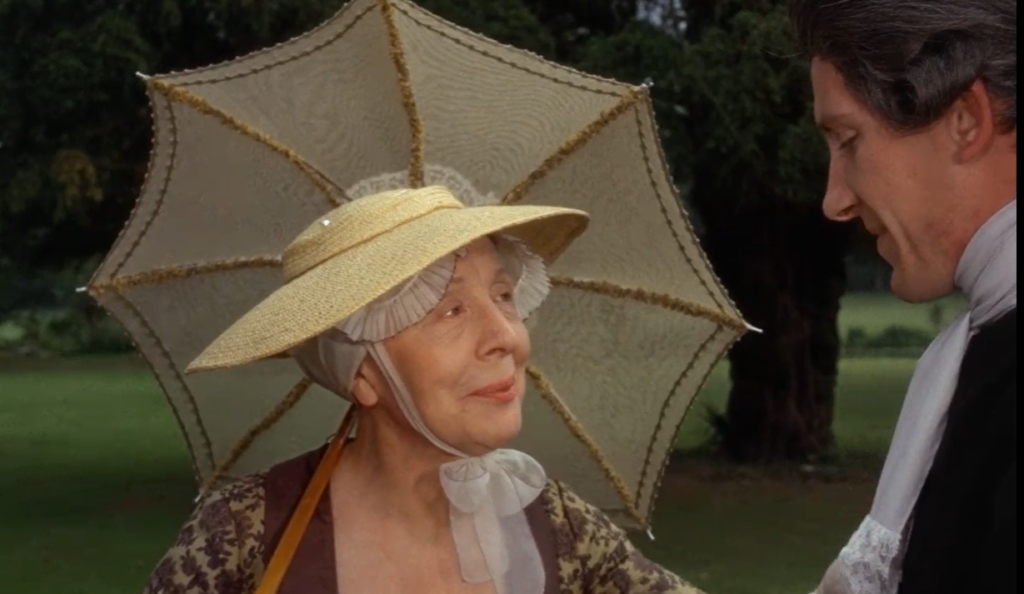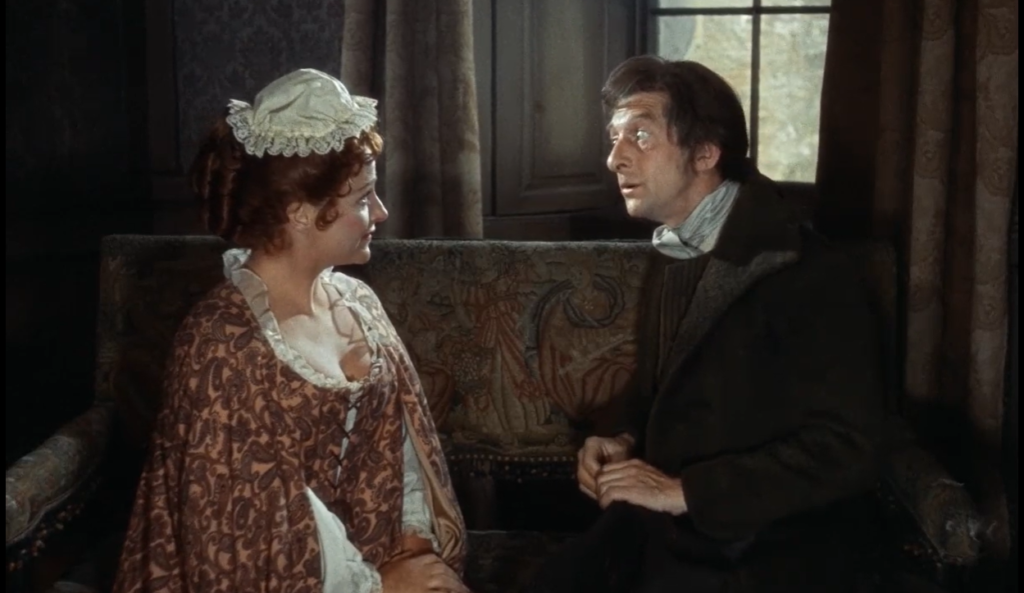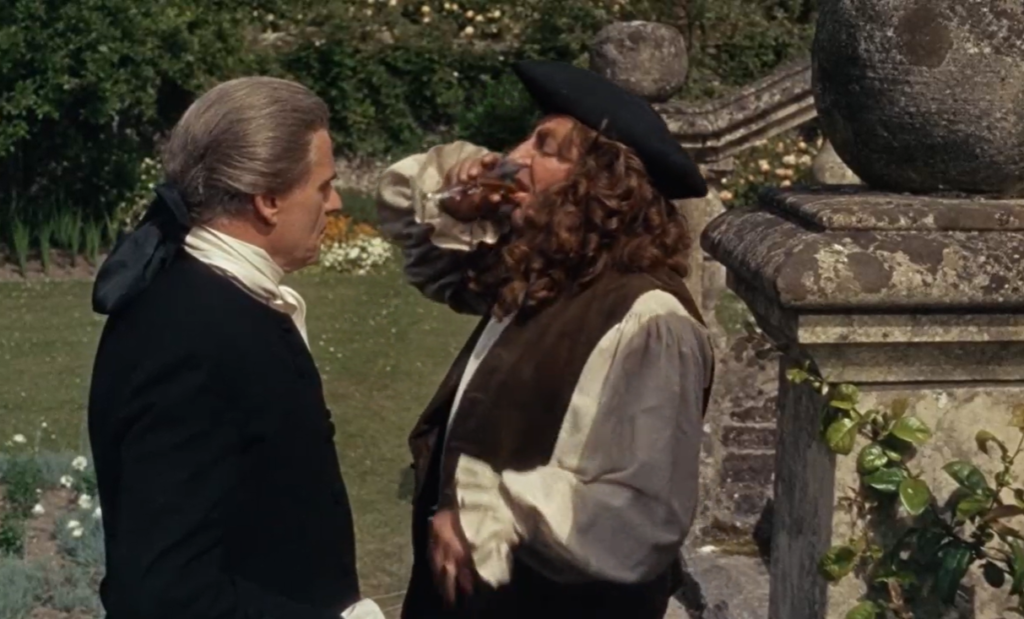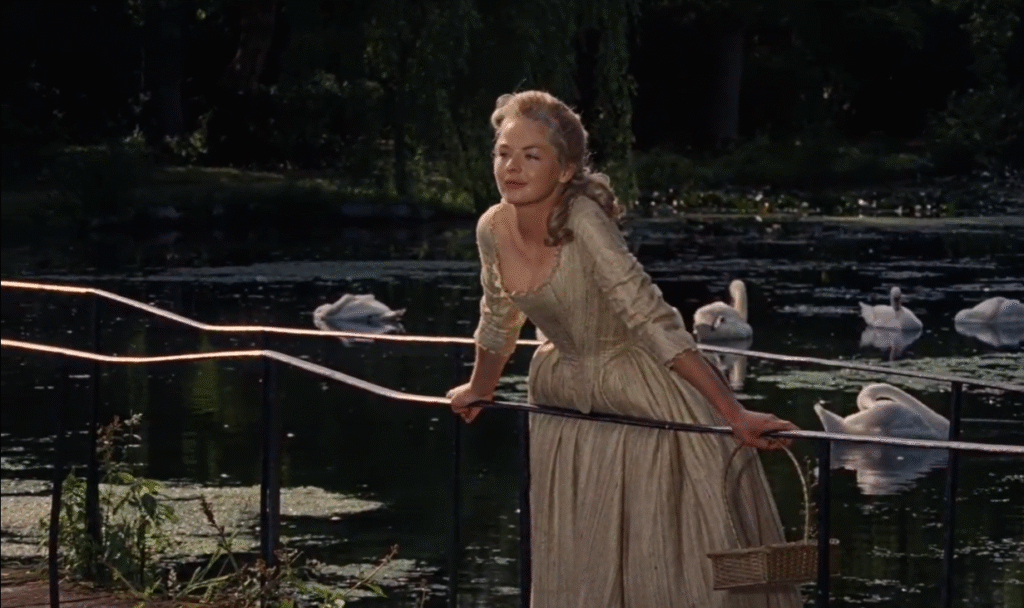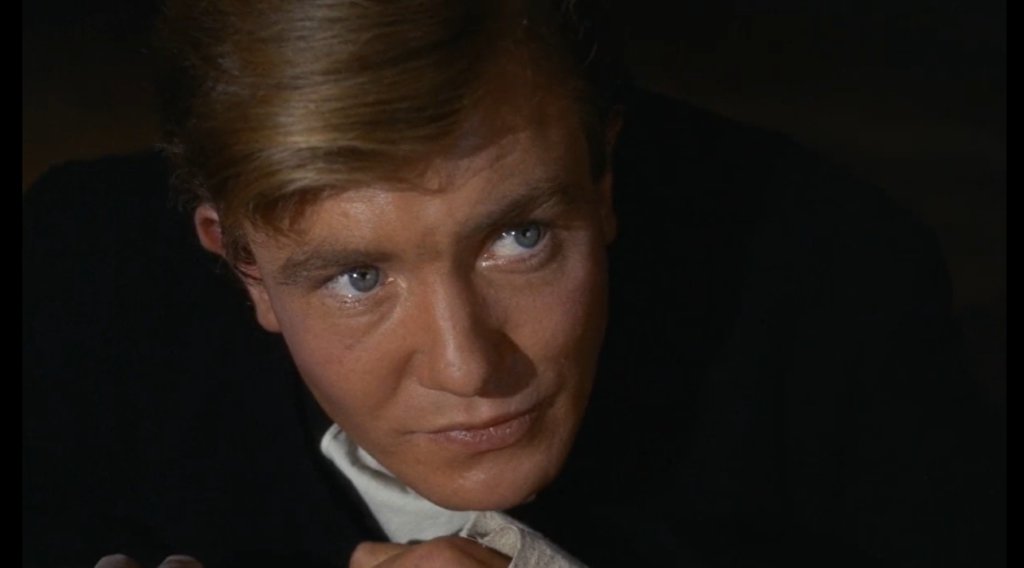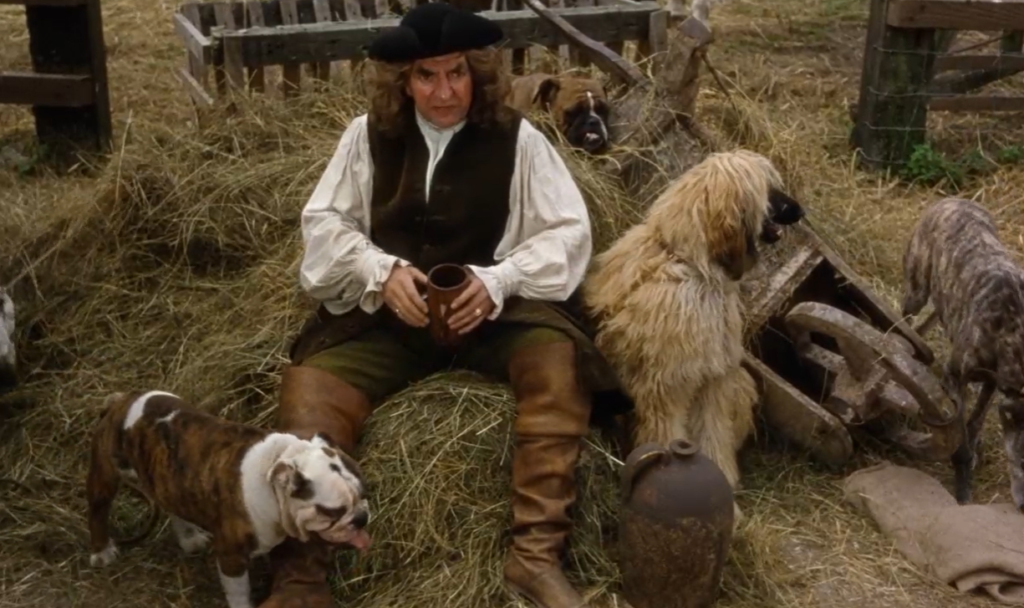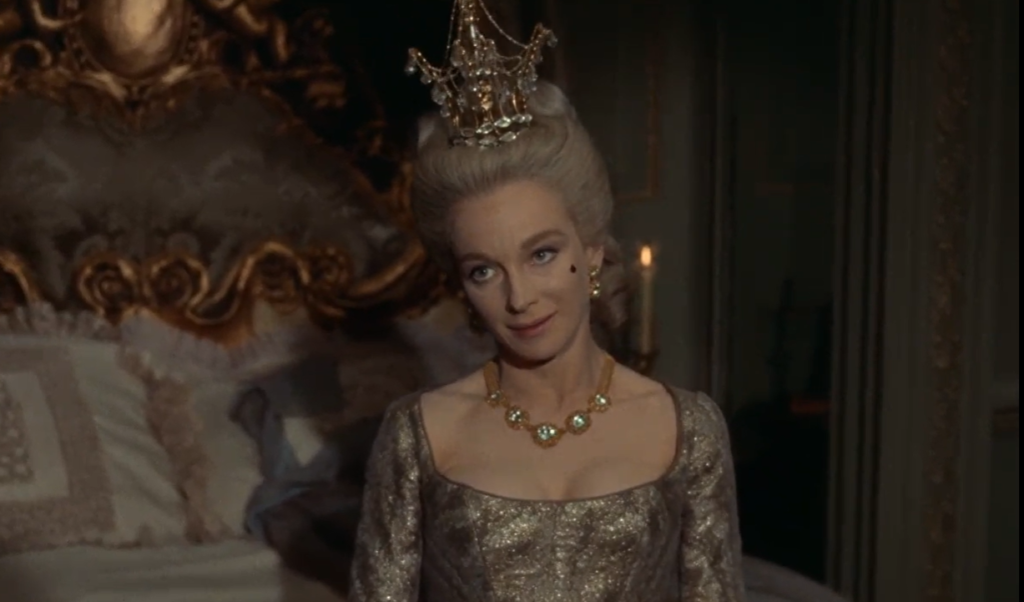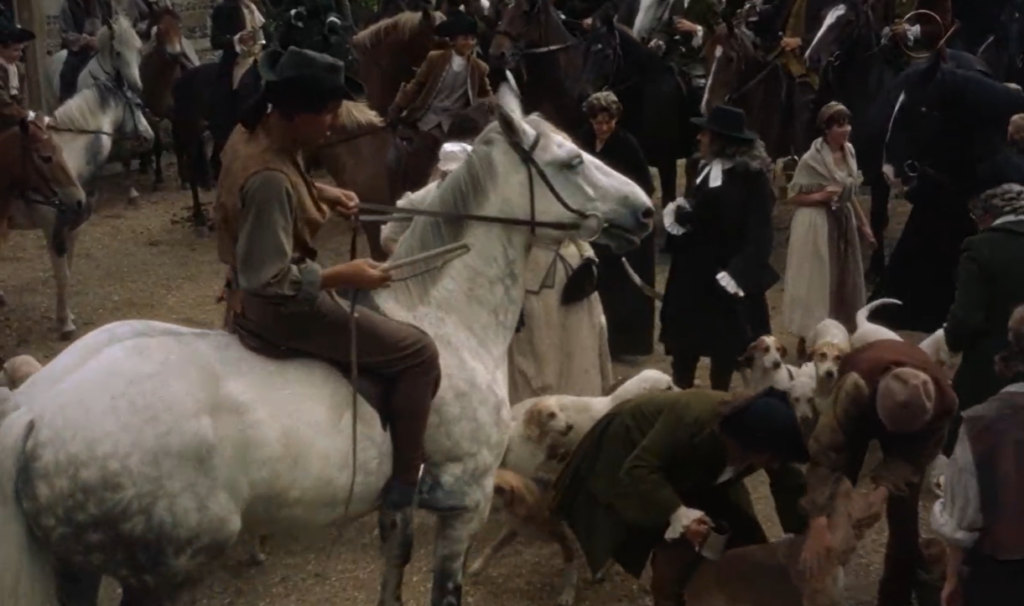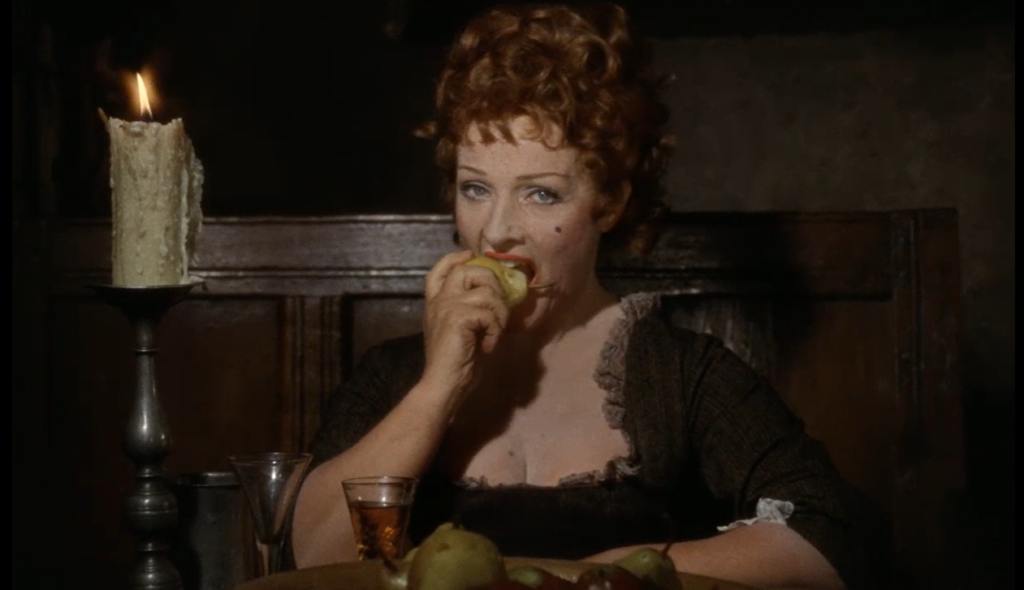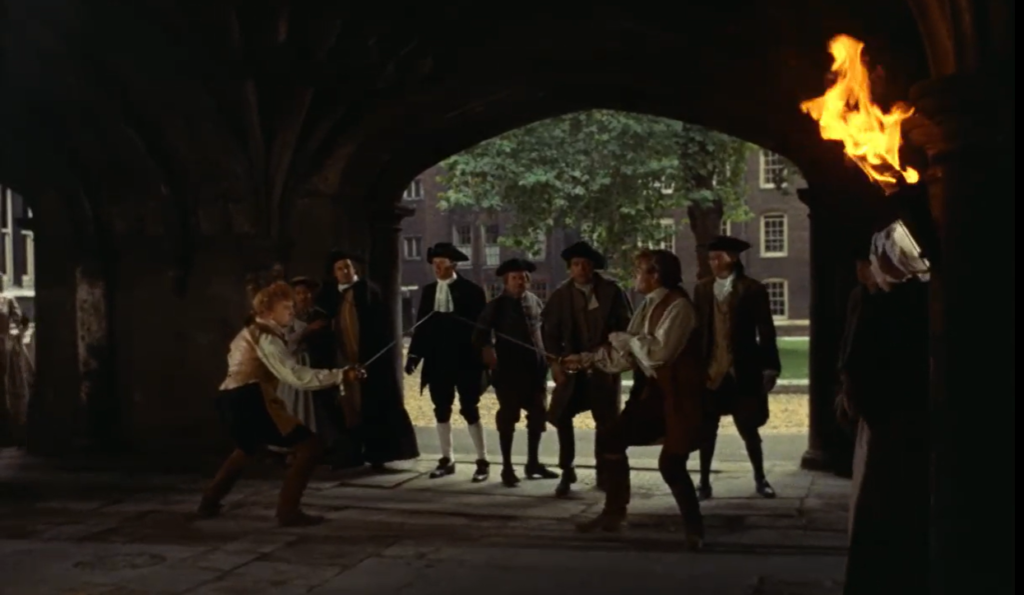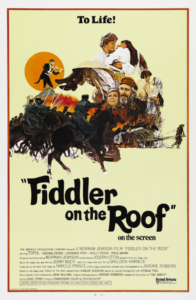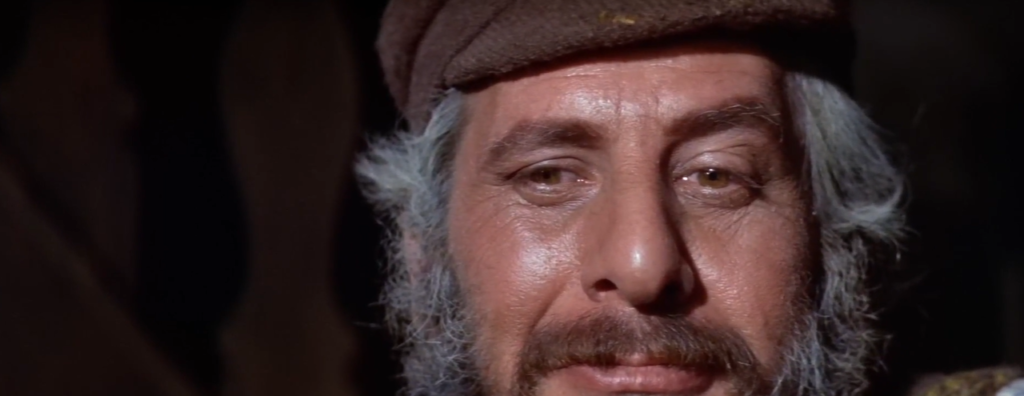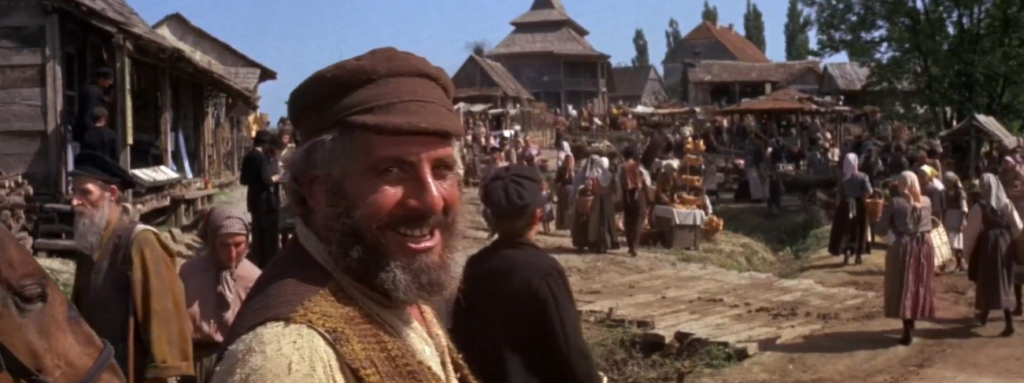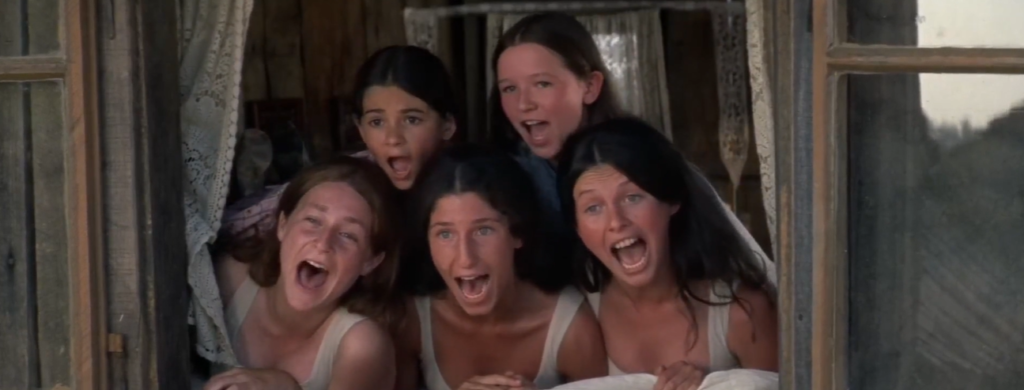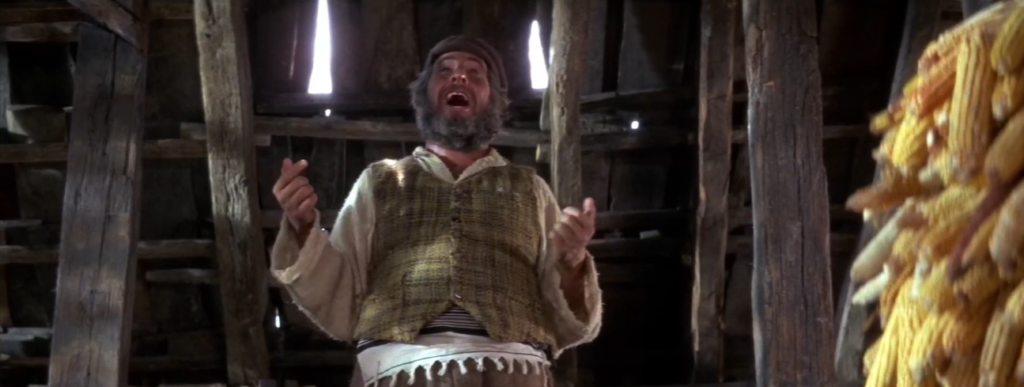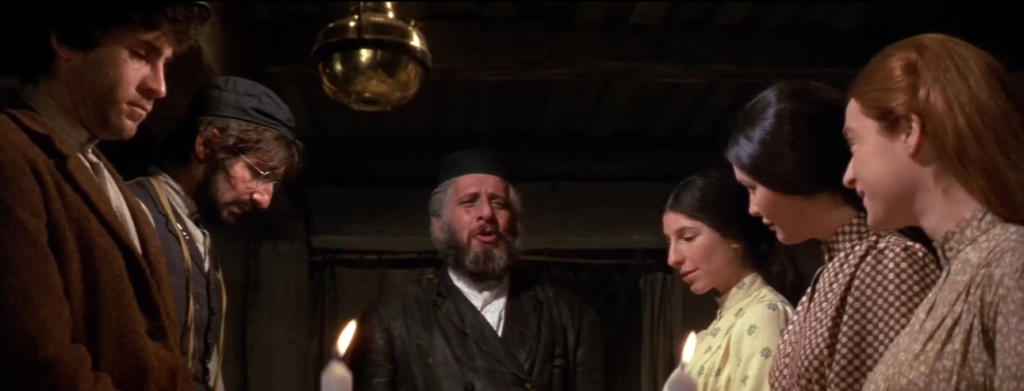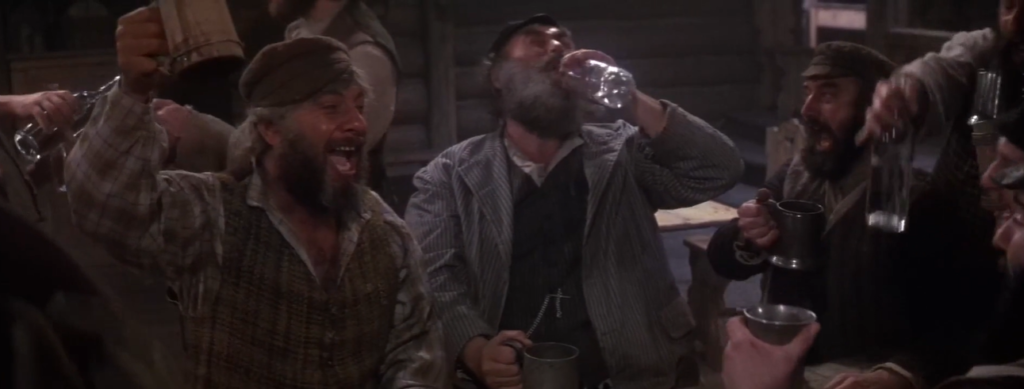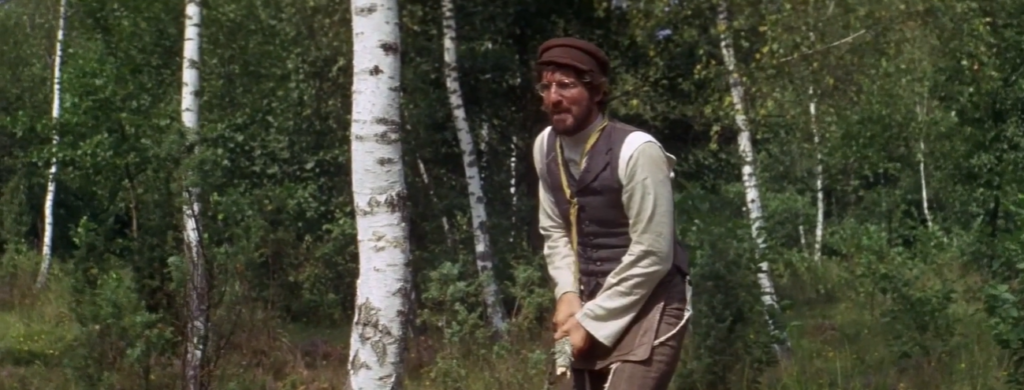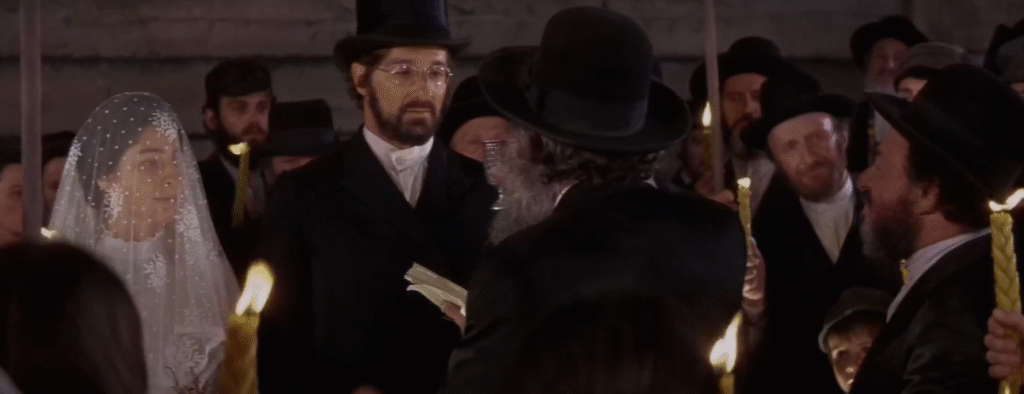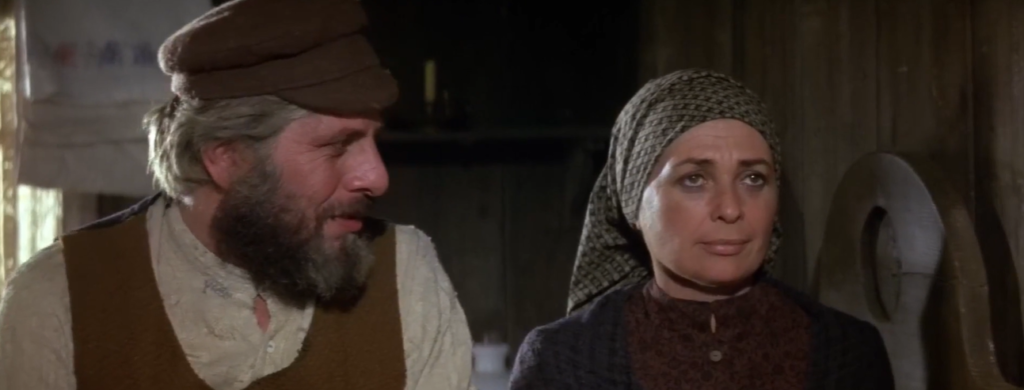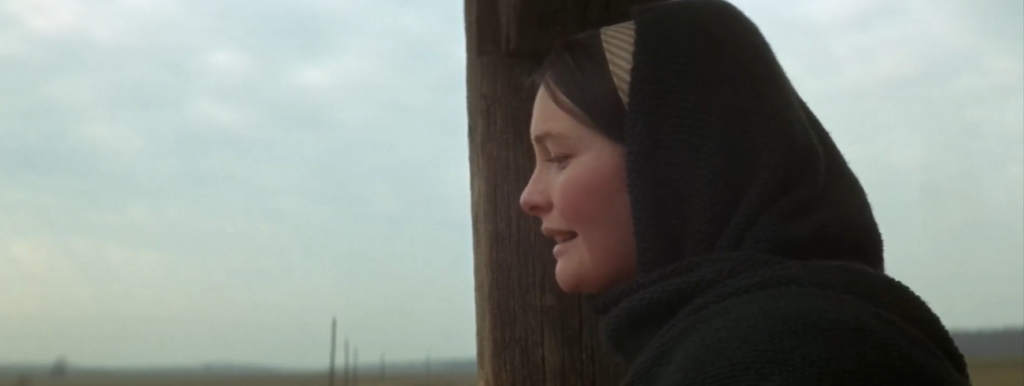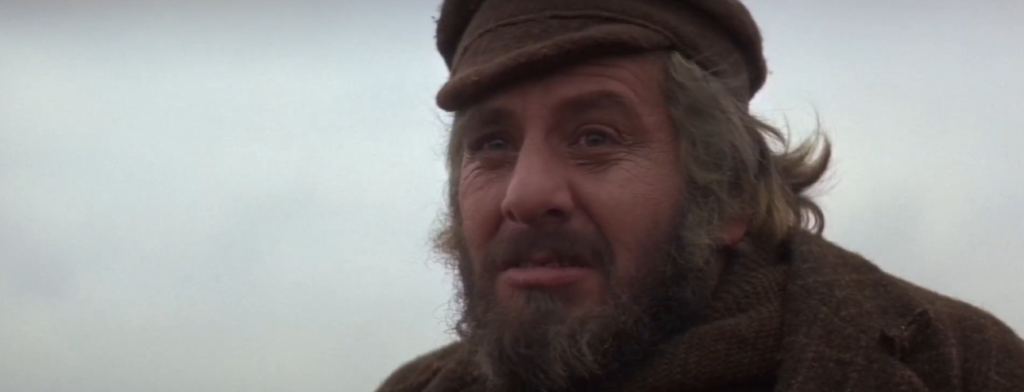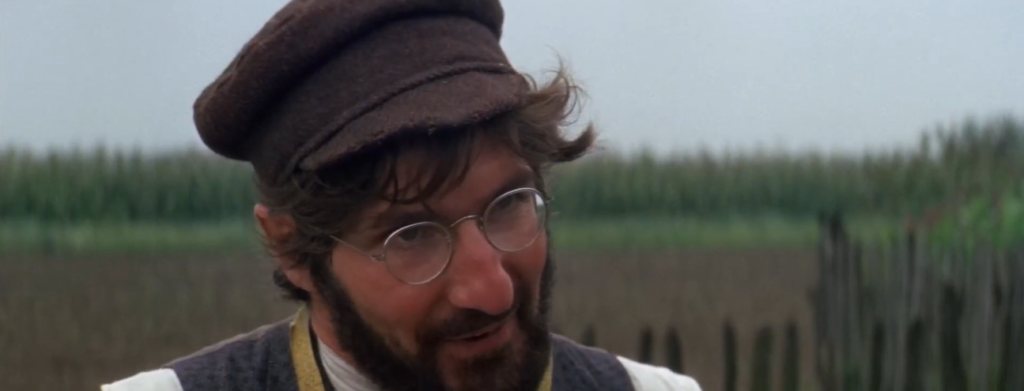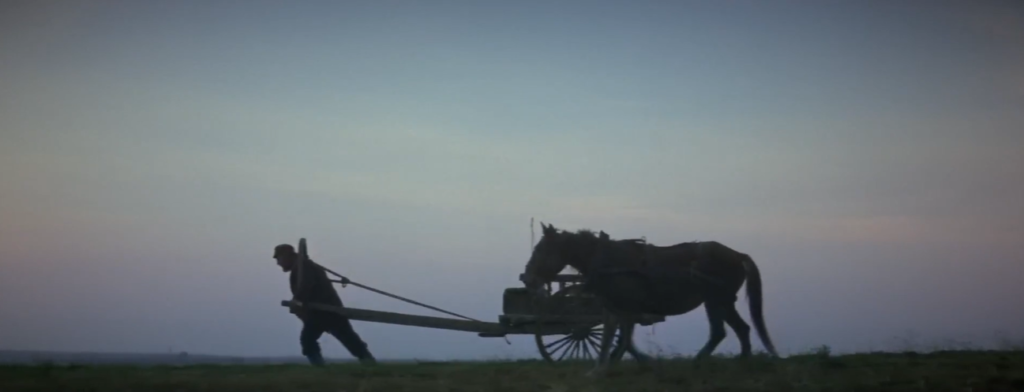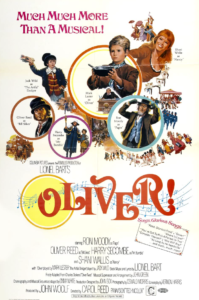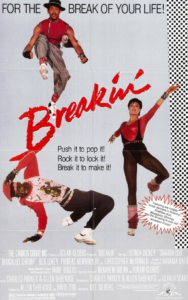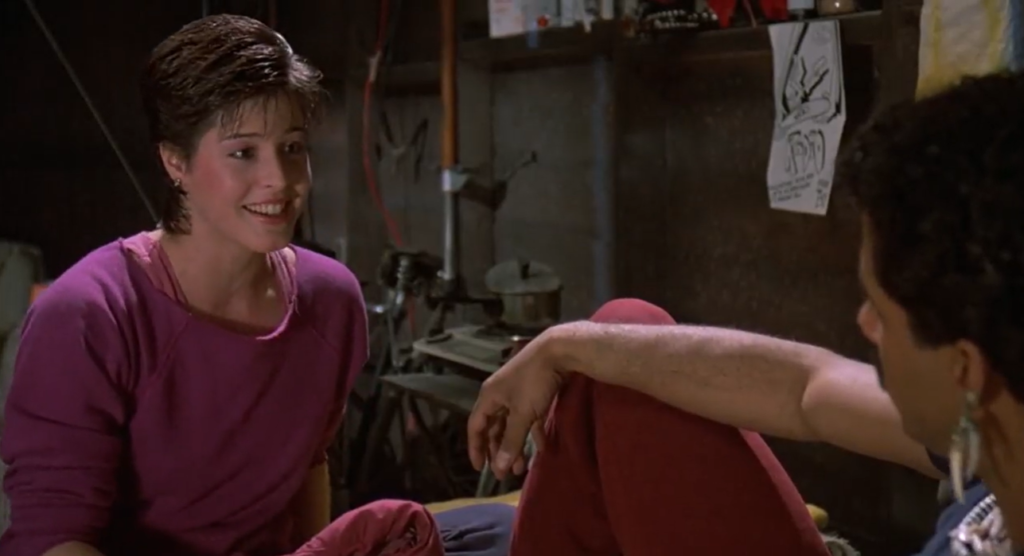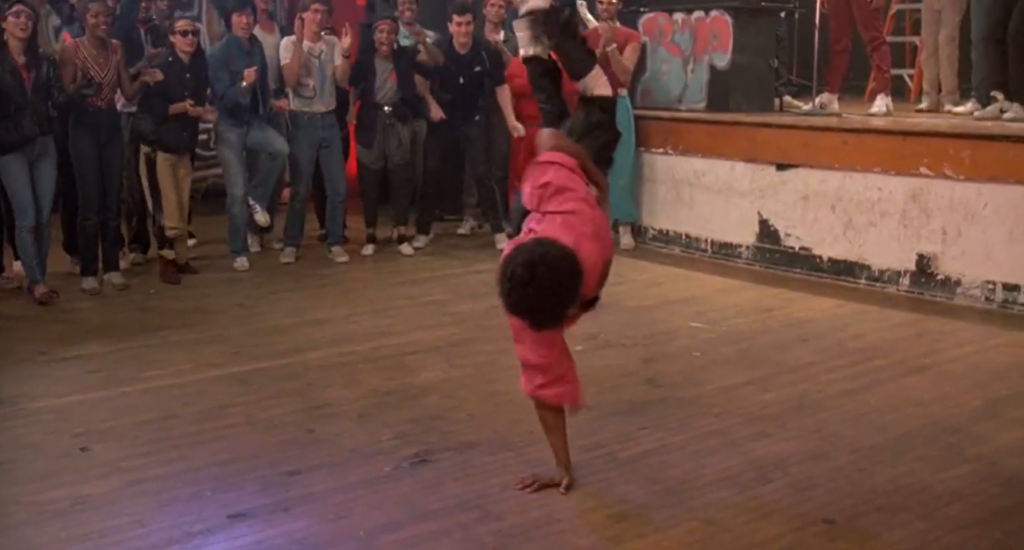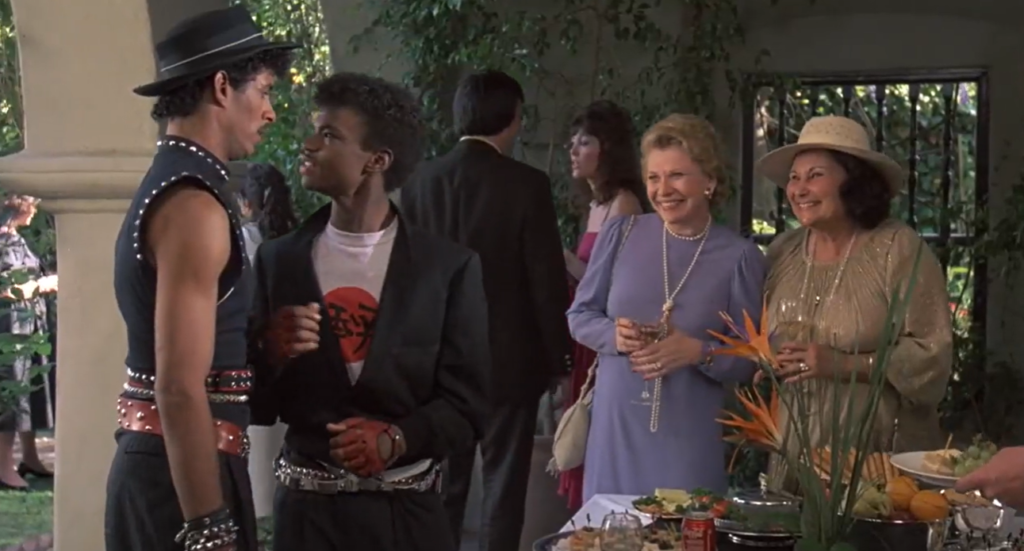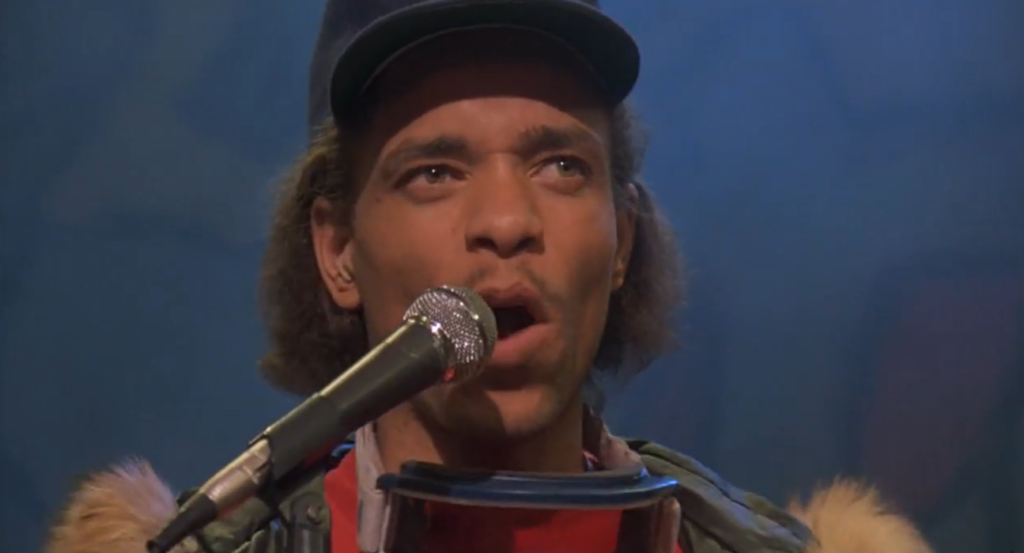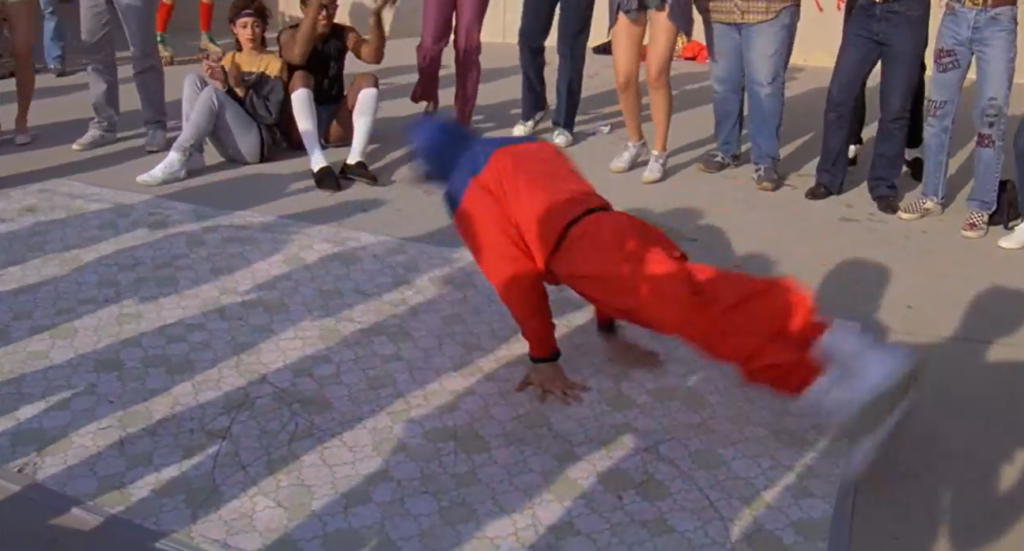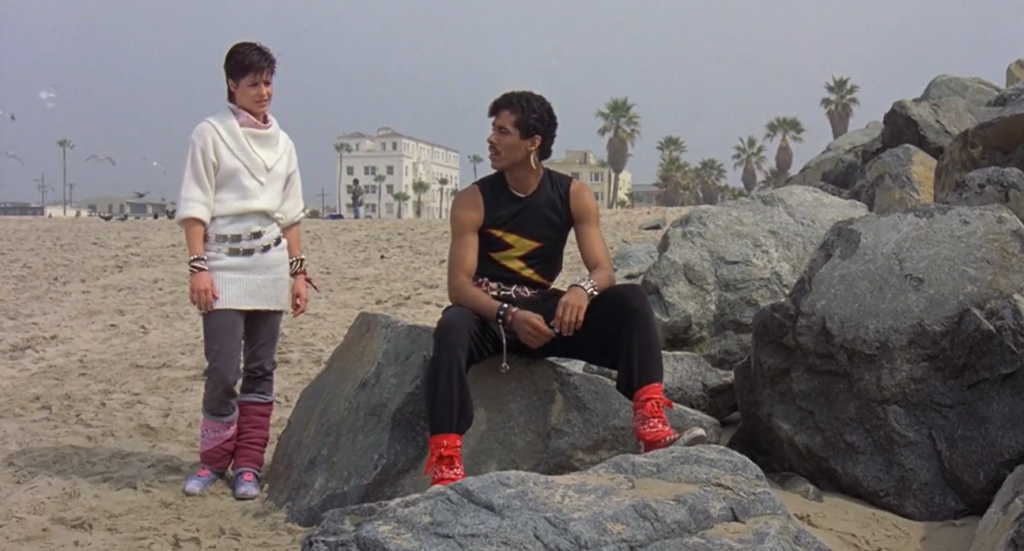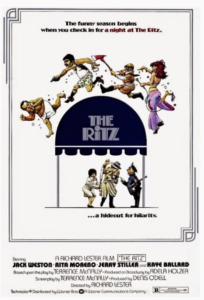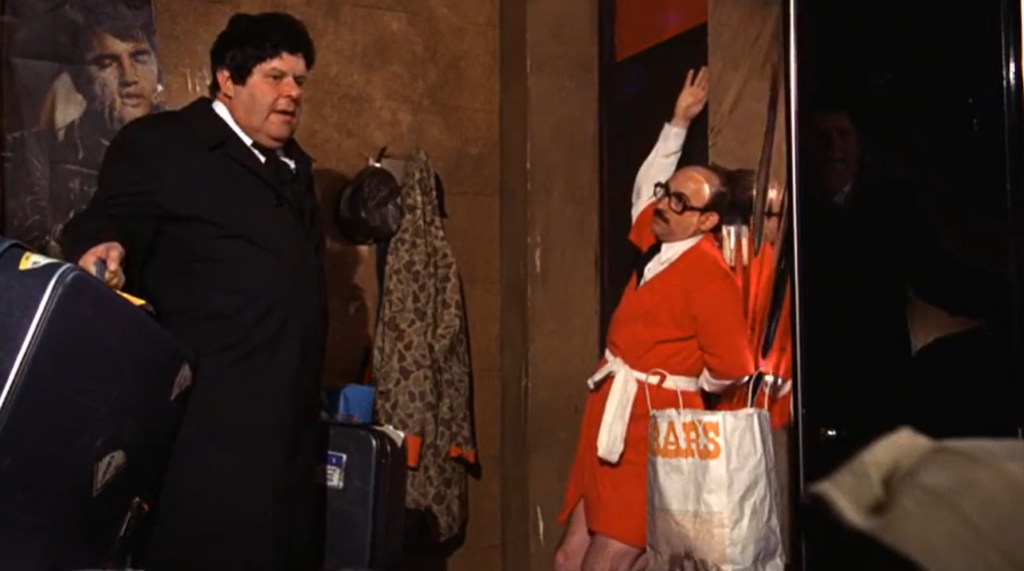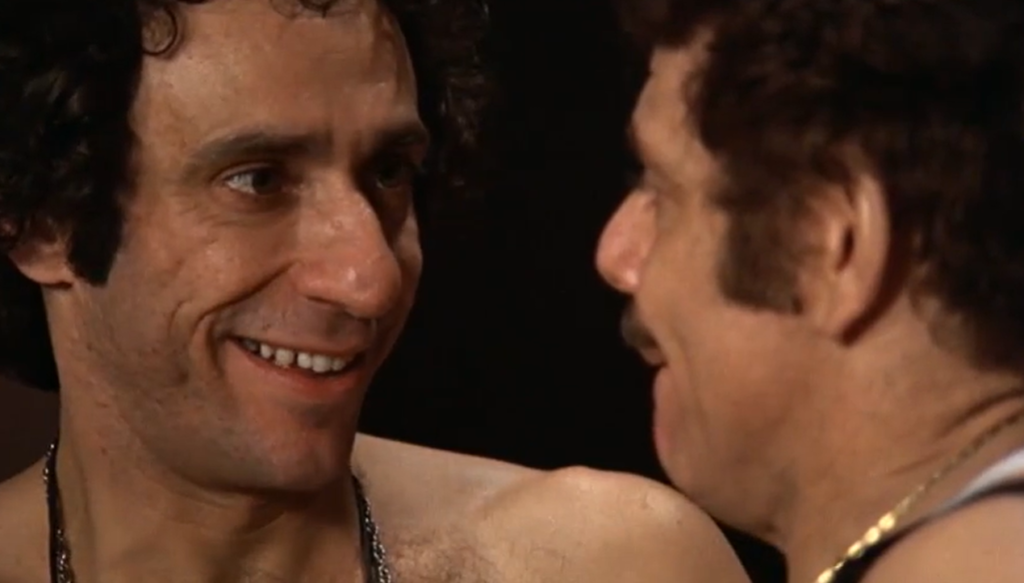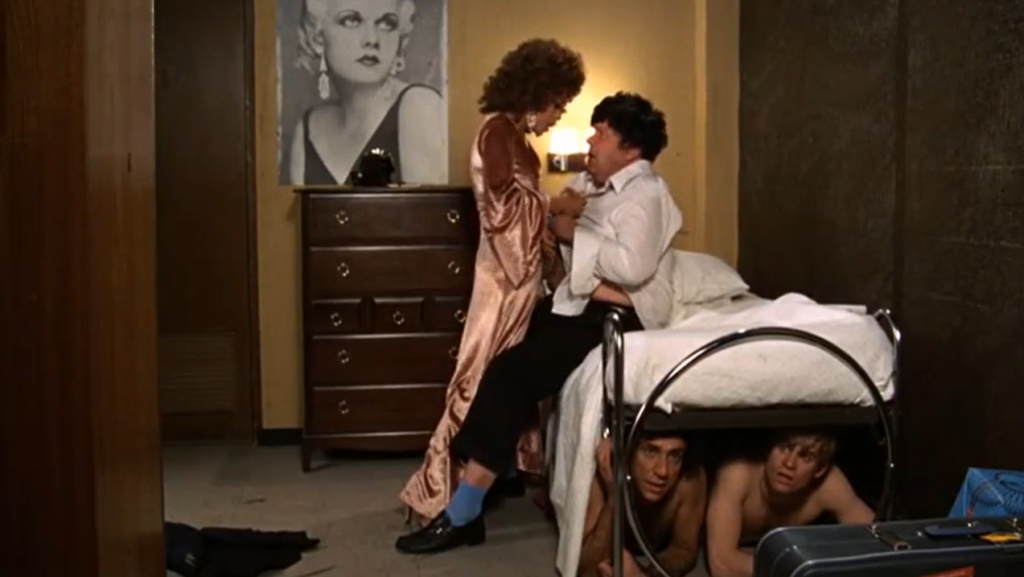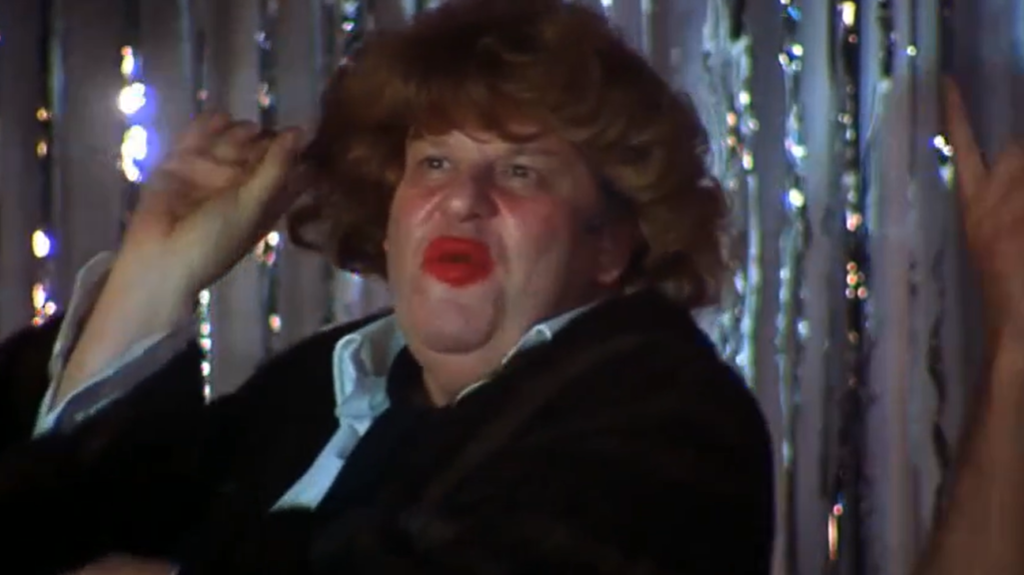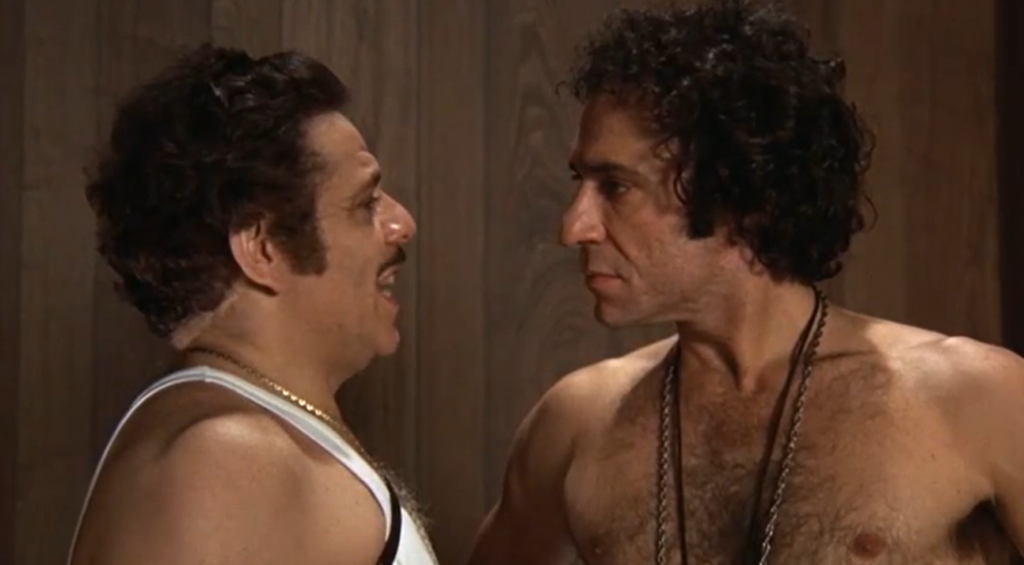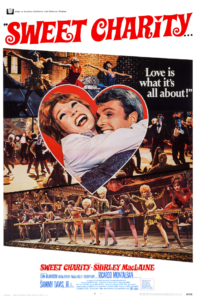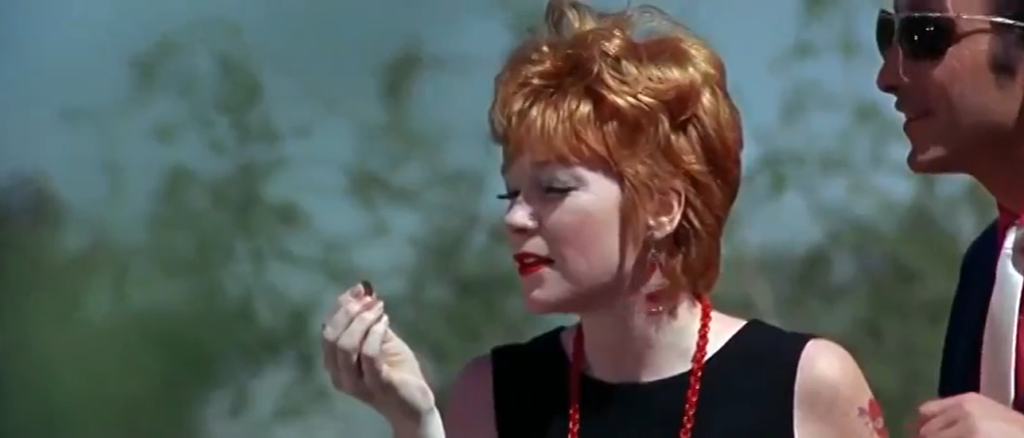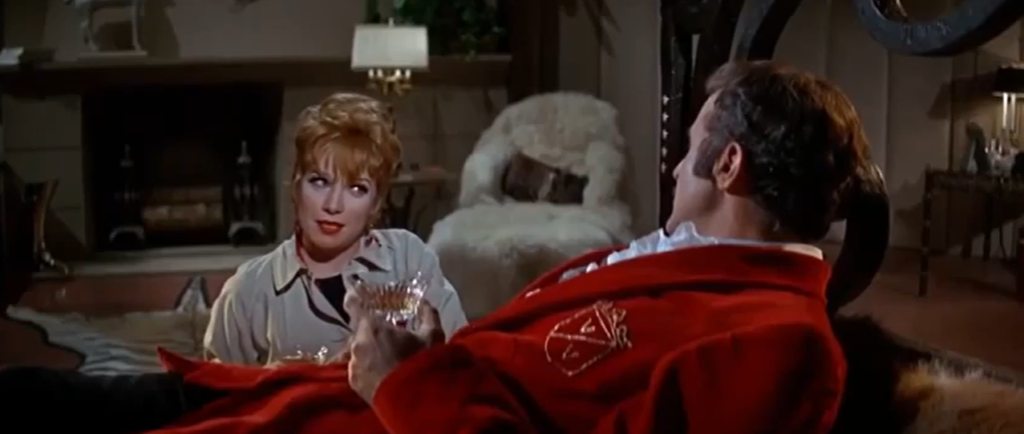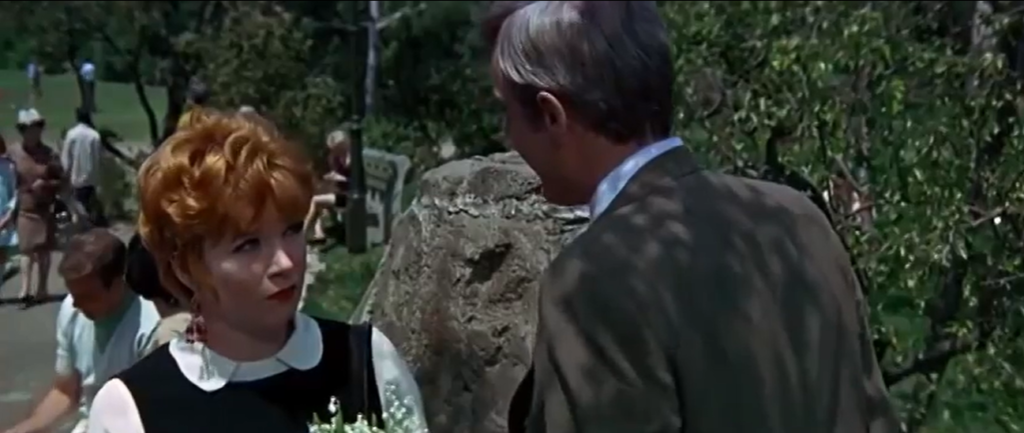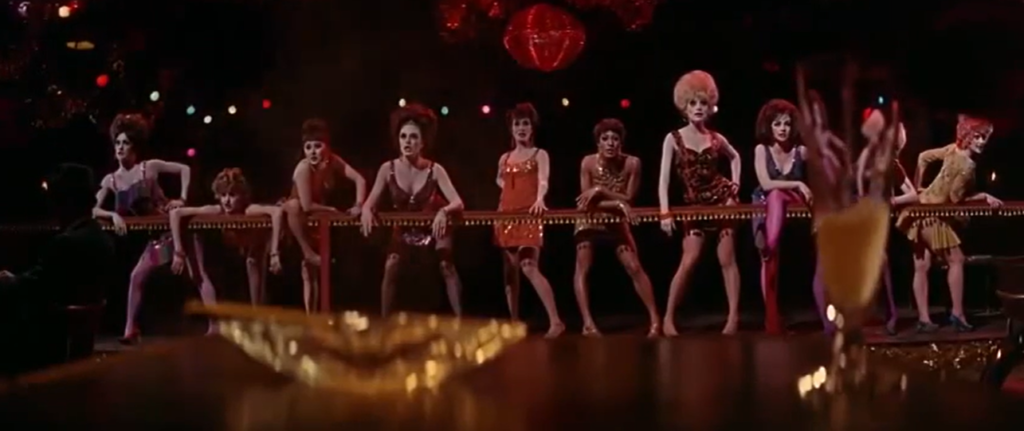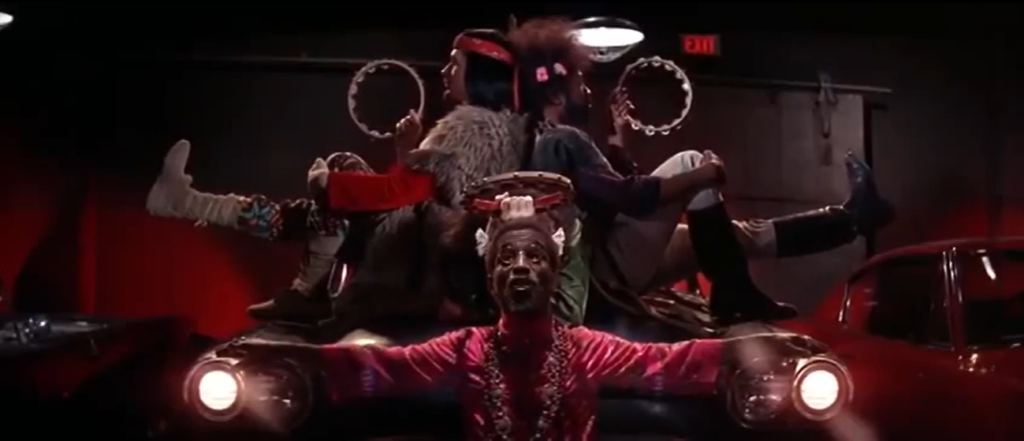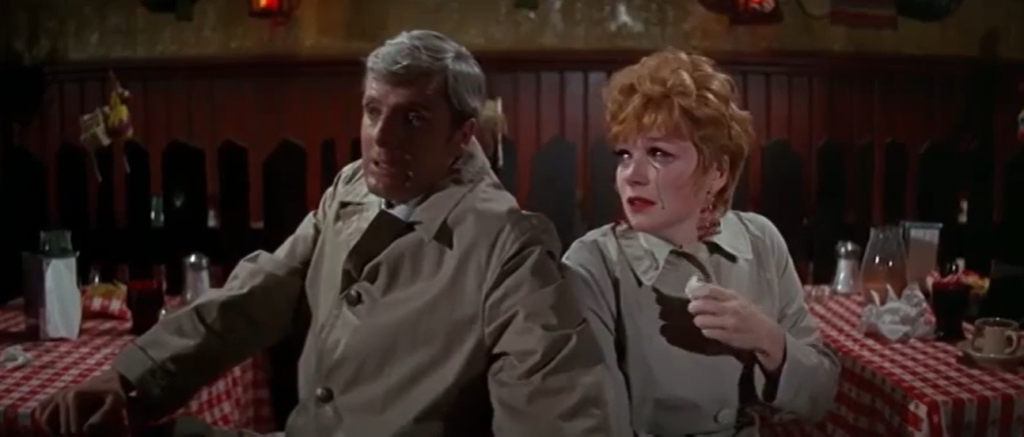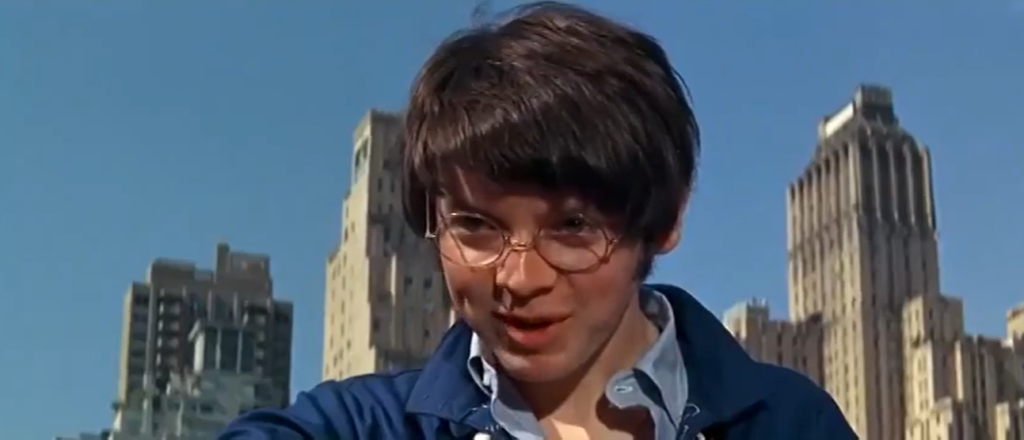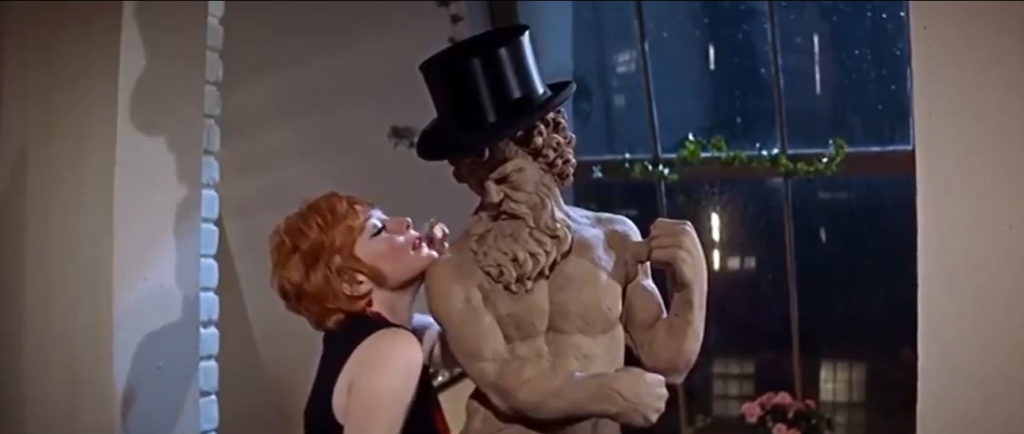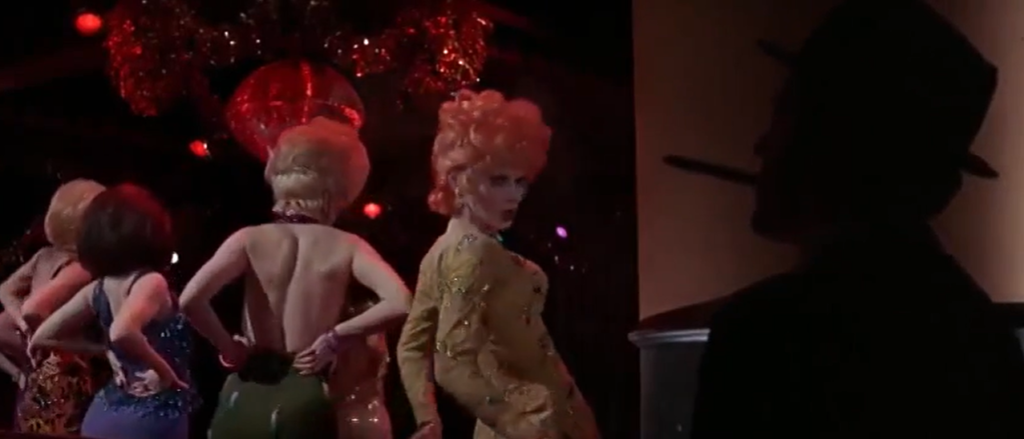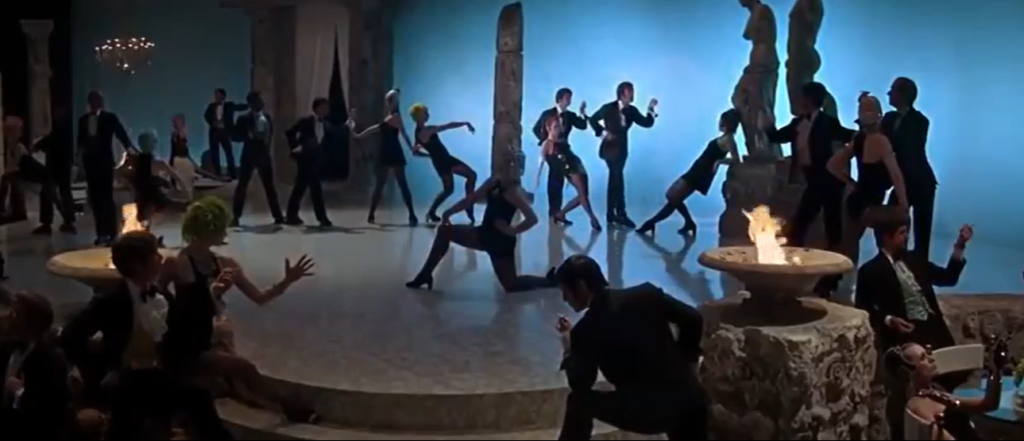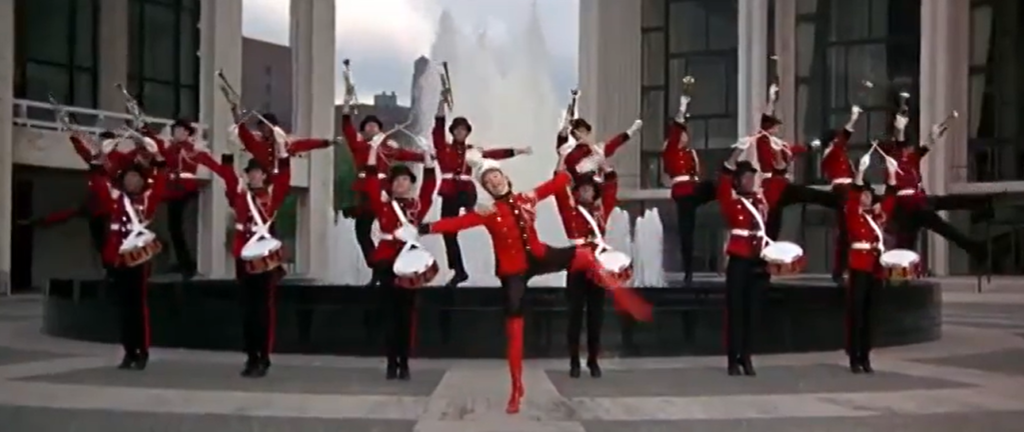|
Genres, Themes, Actors, and Directors:
- Carol Reed Films
- Charles Dickens Adaptations
- Gangs
- Historical Drama
- Hugh Griffith Films
- Musicals
- Oliver Reed Films
- Orphans
- Thieves and Criminals
Response to Peary’s Review:
Peary writes that while “it’s hard not to resent any film to which Hollywood establishment voted the Best Picture Oscar in the year 2001 was released,” he nonetheless believes “it’s time that the ‘hip’ 2001 fans caught up with the mass audience” given that “this is a marvelous film, and an outstanding addition to the fading musical genre.” He points out that this “freely adapted” flick “from Dickens’s Oliver Twist… overcomes a major obstacle”: even though “the original story is one of constant grief and hardship — certainly not material readily adaptable to a musical,” the “happy score” by Lionel Bart, “sung and danced amidst the menacing atmosphere, creates both a ‘feel-good’ sensation and the dreary feeling of the novel.” He notes that while “the novel’s scoundrels are present,” aside “from the incredibly evil Bill Sikes” (it’s geekily intriguing to me that he’s played by Oliver — as in the title character — Reed — as in the director’s last name):
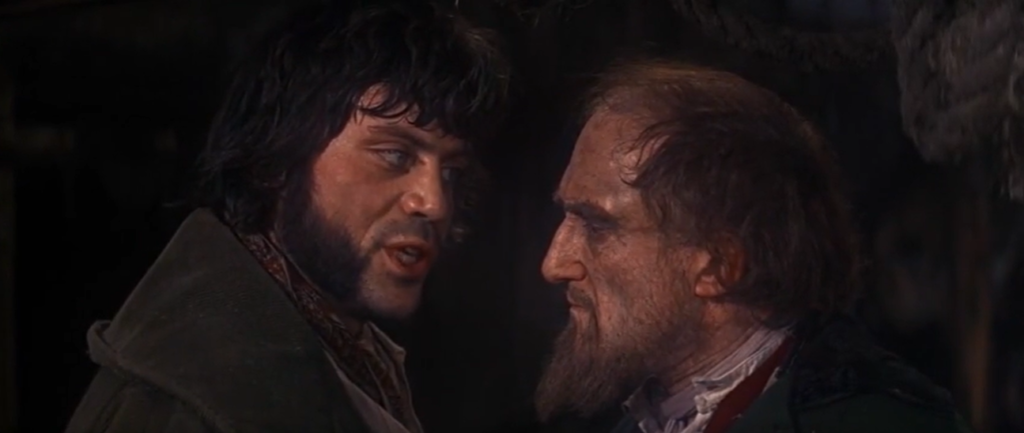
… “they have been somewhat cleansed.” To that end, as DVD Savant writes, “That a man who criminally exploits children for profit should be sympathetic is a credit to Moody’s appeal.”
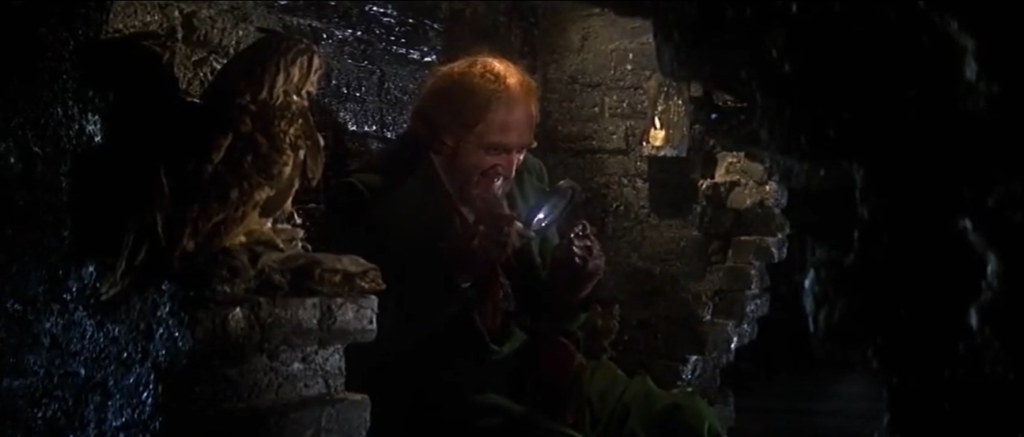
Peary argues that “much credit for the film’s success can be attributed to Carol Reed,” given that so much of the second half of the movie “depends a great deal on atmosphere and suspense, which Reed pulls off brilliantly.” Meanwhile, Reed also made “sure that the spectacular production numbers were cinematic rather than stagy” and he “allowed his actors free rein to develop interesting, multidimensional personages.” While Peary asserts that “Mark Lester is a bit wimpy in the title role” (I’m not sure I agree — he stands up for himself, time and again!):
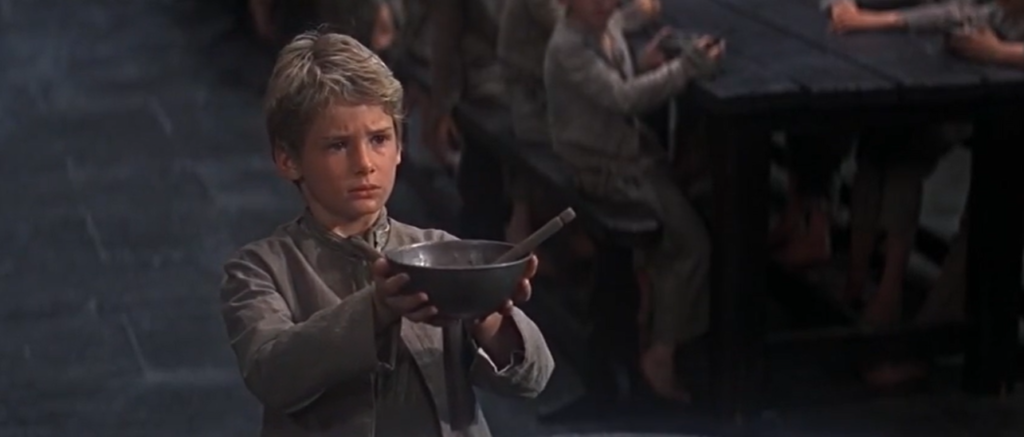
… actors Moody, Wild, and Wallis “are absolutely wonderful” (yes).
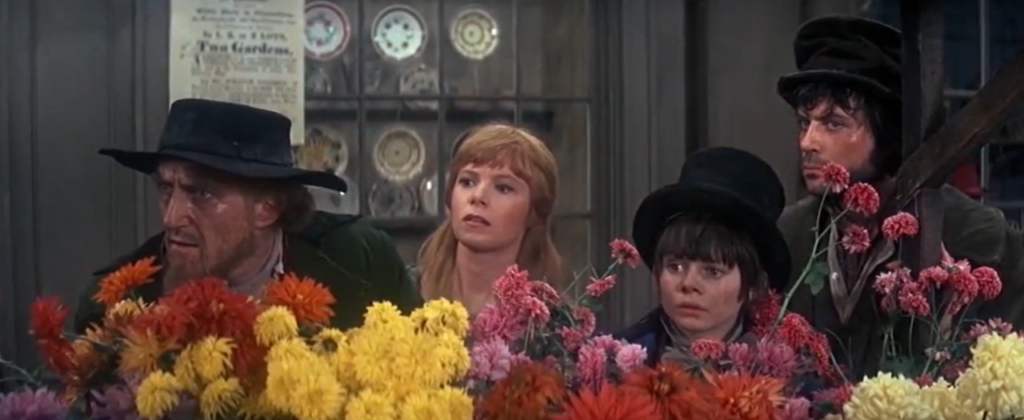
I also agree with Peary and others that Oliver! remains a crackerjack overall musical, for numerous reasons, but primarily given how many of the songs knock it out of the park. For the record, they include (but are not limited to) “Food, Glorious Food”:
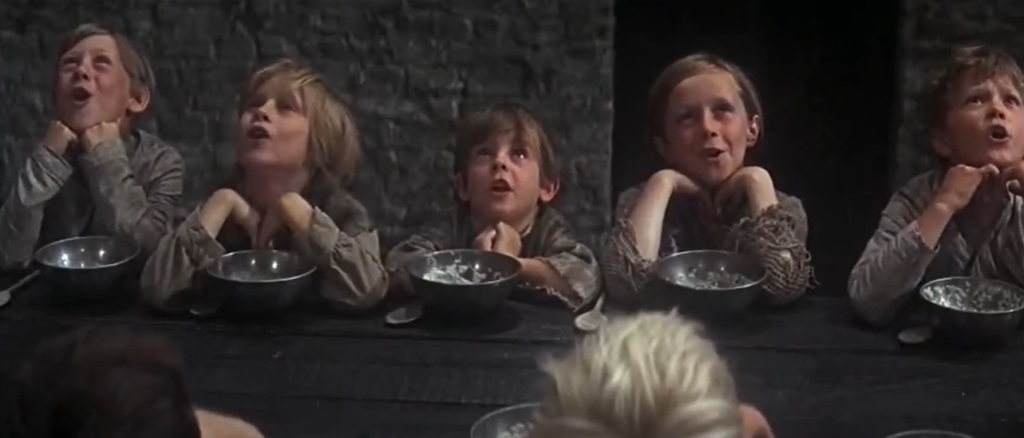
… “Where is Love?”
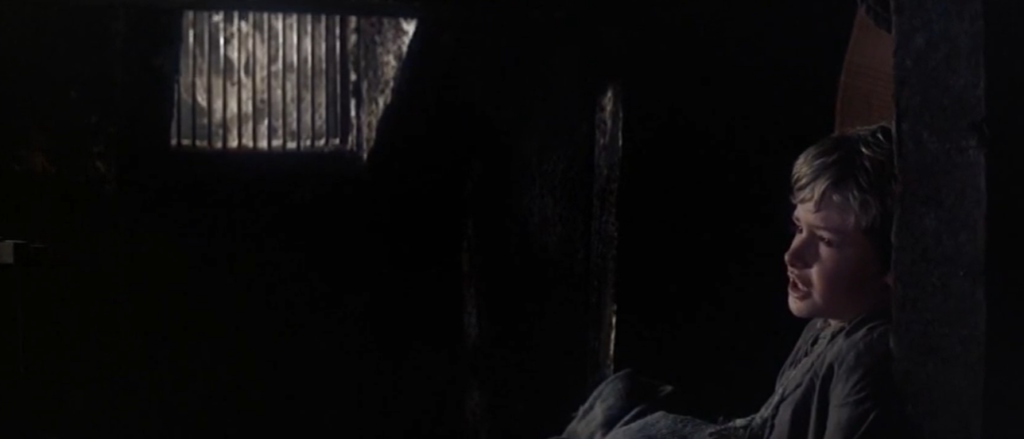
… “Pick a Pocket or Two”:
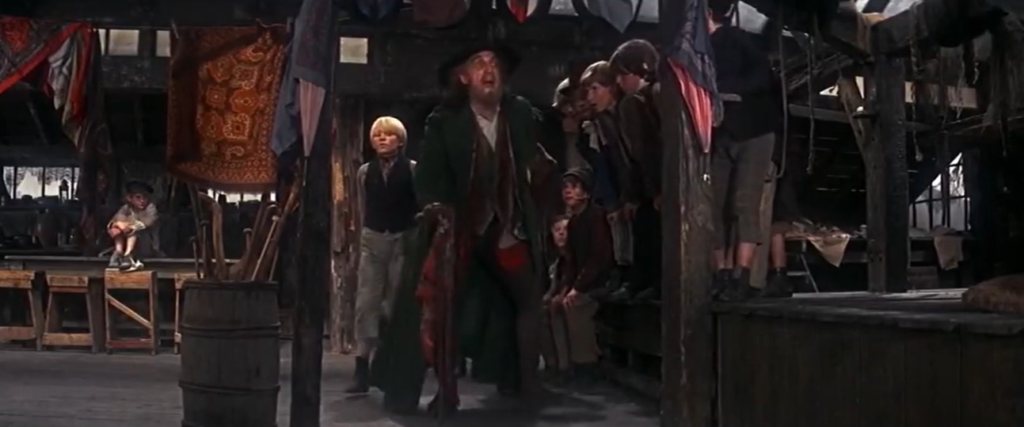
… “Consider Yourself”:
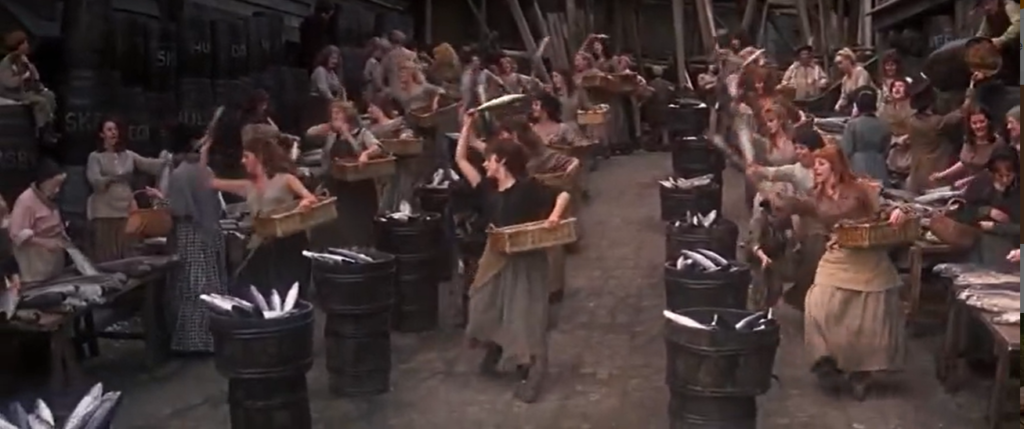
… “I’d Do Anything”:
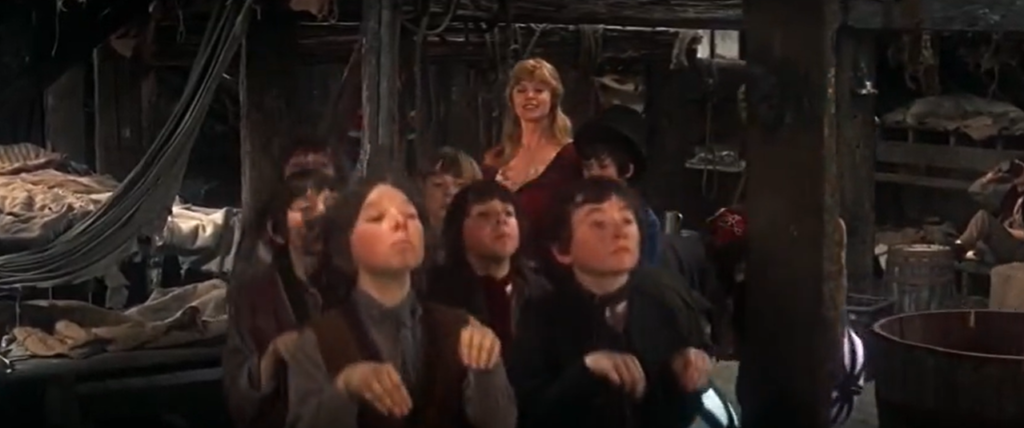
… and “As Long As He Needs Me”:
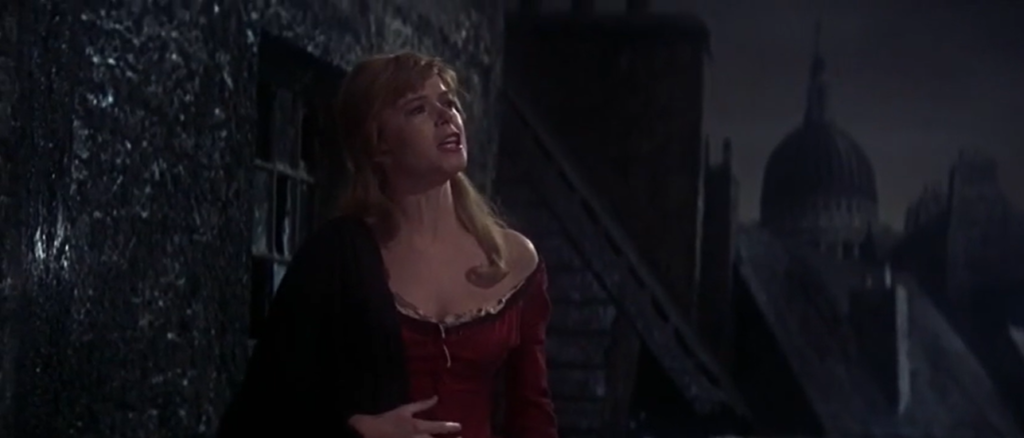
Notable Performances, Qualities, and Moments:
- Ron Moody as Fagin
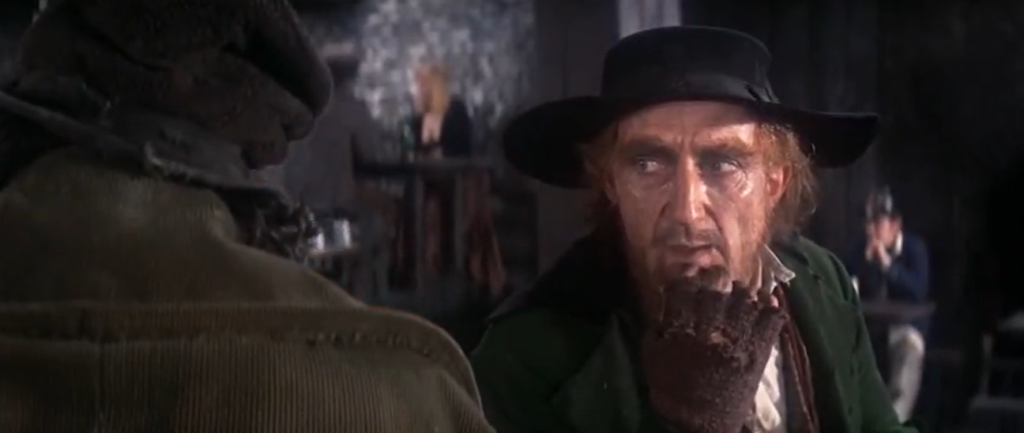
- Jack Wild as the Artful Dodger
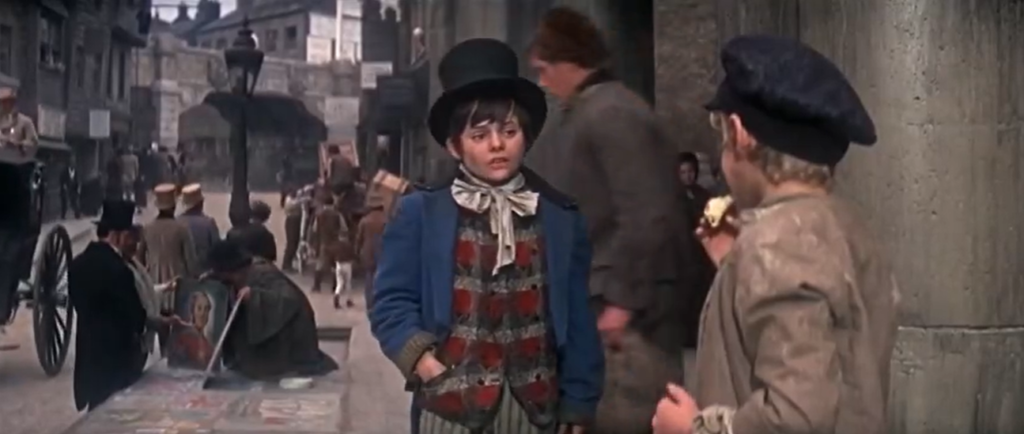
- Shani Wallis as Nancy
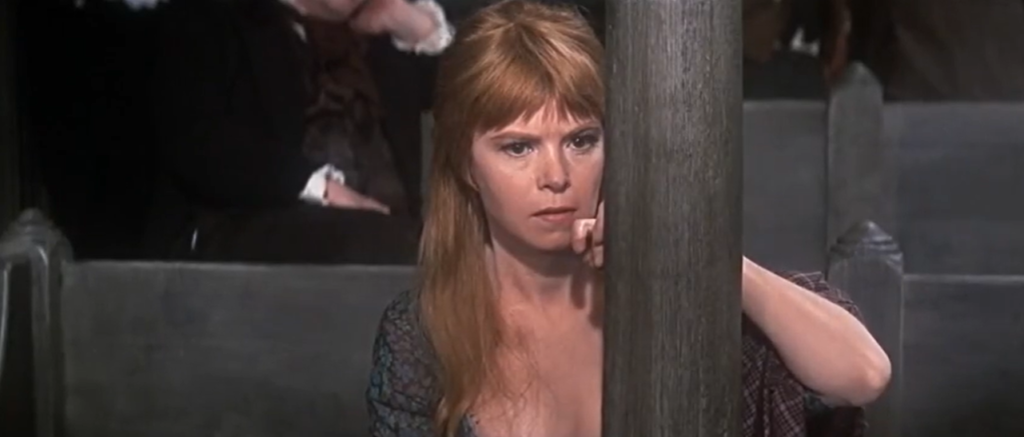
- Oliver Reed as Bill Sikes
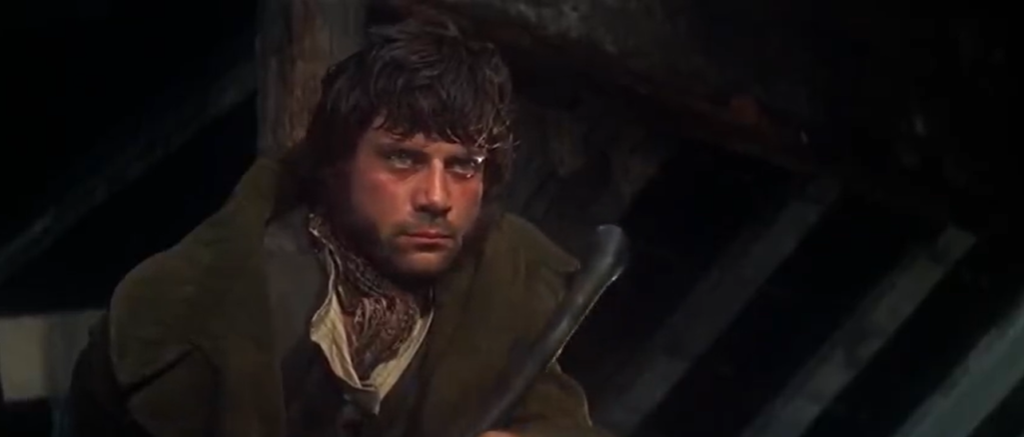
- Many toe-tapping musical numbers (choreographed by Onna White)
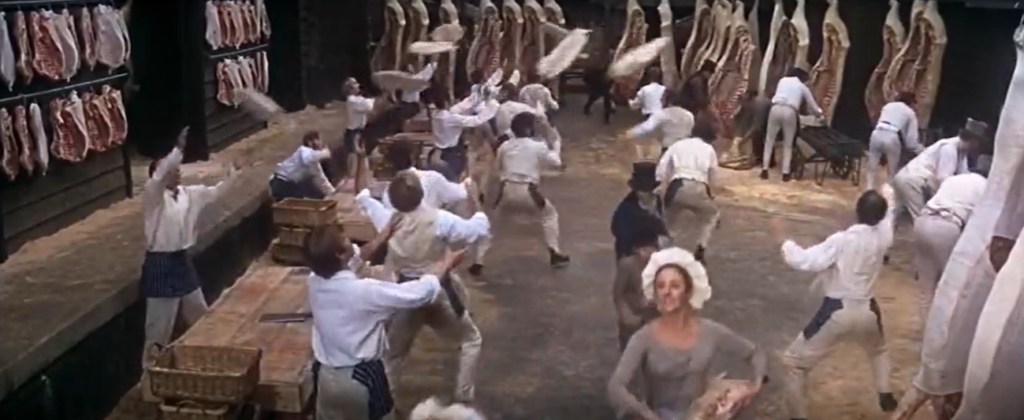
- Atmospheric cinematography and sets
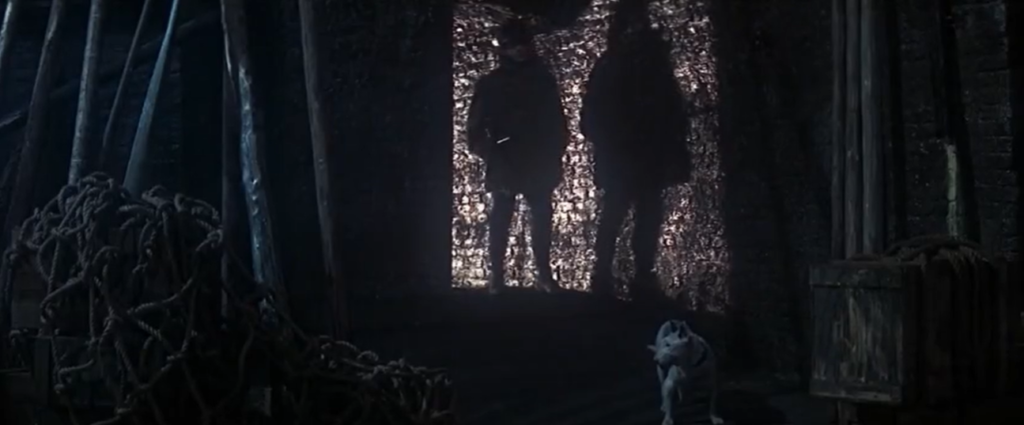
Must See?
Yes, as an enjoyable musical, and for its Oscar winning status.
Categories
Links:
|
